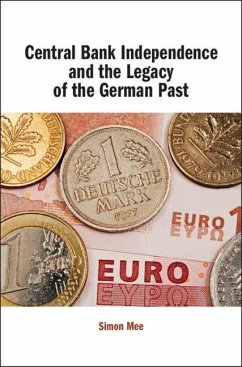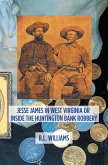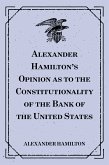The 2008 financial crisis led to more and more frequent political attacks on central banks. The recent spotlight on central bank independence is reminiscent of the fiery debates amongst Germany's political elites in 1949 on the same issue; debates that were sparked by the establishment of West Germany in that year. Simon Mee shows how, with the establishment of West Germany's central bank - today's Deutsche Bundesbank - the country's monetary history became a political football, as central bankers, politicians, industrialists and trade unionists all vied for influence over the legal provisions that set out the remit of the future monetary authority. The author reveals how a specific version of inter-war history, one that stresses the lessons learned from Germany's periods of inflation, was weaponised and attached to a political, contemporary argument for an independent central bank. The book challenges assumptions around the evolution of central bank independence with continued relevance today.
Dieser Download kann aus rechtlichen Gründen nur mit Rechnungsadresse in A, B, BG, CY, CZ, D, DK, EW, E, FIN, F, GR, HR, H, IRL, I, LT, L, LR, M, NL, PL, P, R, S, SLO, SK ausgeliefert werden.









